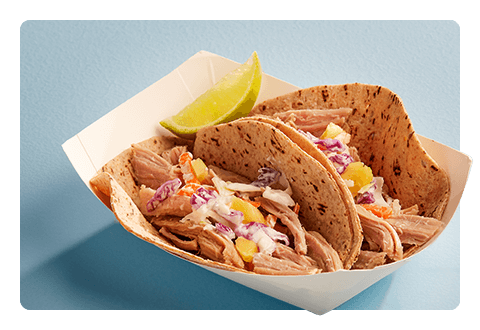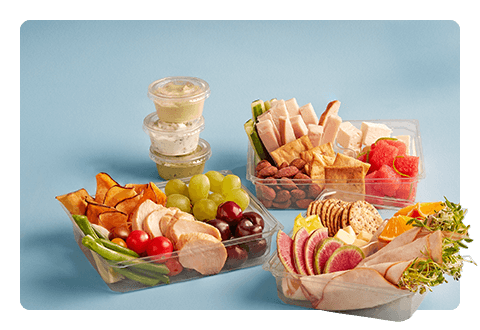The Growth of Campus Farms
November 2018
As the emphasis on sustainability continues to grow in foodservice operations across the country, colleges and universities are tapping into a unique source for support: their students. Campus farms—traditionally a vehicle for extracurricular activity and agricultural education—are now providing produce directly to operators to use as ingredients at dining halls, campus c-stores and more.
Virginia Tech, which consistently ranks among the highest-rated colleges for food, has its own educational farm. It’s currently 6.5 acres and supplies various operations around campus with beef, lamb, pork, milk, fruit and eggs. The farm is supported by full-time university staff as well as paid student staff. These students are working hard, too, as they’d helped with the harvest of almost 240,000 pounds of produce as of April 2018.
At Maine’s Kennebec Valley Community College, a 120-acre campus farm serves as an equally valuable resource for both students and operators. Students studying agriculture, food processing and the culinary arts receive hands-on learning and firsthand experience to put on their résumés, while the school’s foodservice operators source nearly 45% of their fresh produce demands from this farm.
On a smaller scale, the campus of Georgia Southern has partnered with the Foram Group’s charitable organization to create a campus greenhouse in which students can volunteer to grow plants and fish with a focus on sustainability. The Foram Sustainable Aquaponics Research Center currently supplies basil and peppers for pizza and pad Thai on campus, and it will reportedly provide the campus with more sustainably sourced ingredients in the future. For example, the fish grown in this greenhouse live in the same streams where the vegetables grow, which provides an organic fertilizer. The food output per foot for this aquaponics practice is four times as much as traditional farming.
While it’s yet to be seen whether campus farms will become a mainstay at all colleges, the balance of interest between small campuses and large universities suggests that they’re a viable solution to a rising demand for transparent, sustainable practices. When you consider the fact that students can learn from supporting these operations, it begins to look like a natural fit.
Are you a C&U operator sourcing food from your campus’ farm? If so, what benefits have you seen so far? We’d love to hear from you on our Facebook or LinkedIn pages. To get more foodservice insights like these, don’t forget to visit our Latest Trends.
SOURCES
4 sustainability initiatives for C&U operators, FoodService Director, February 2017.
Buzalka, Mike. Virginia Tech builds on culinary, sustainability successes, Food Management, April 2018.
Meyer, Ann. Georgia Southern campus uses produce grown in its greenhouse, The Associated Press, September 2018.
Buzalka, Mike. Community college farm doubles as education, culinary resource, Food Management, August 2017.
























